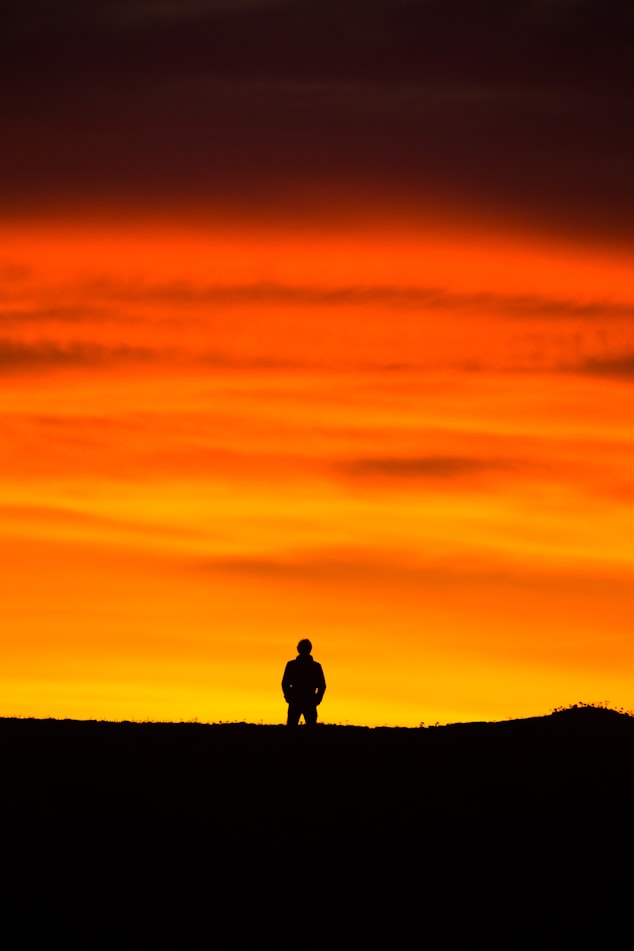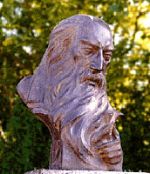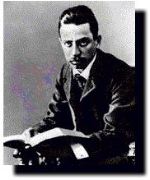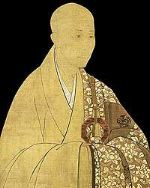Jul 30 2021
Basava – The eating bowl is not one bronze
The eating bowl is not one bronze
by Basava
English version by A. K. Ramanujan
The eating bowl is not one bronze
and the looking glass another.
Bowl and mirror are one metal
Giving back light
one becomes a mirror.
Aware, one is the Lord’s;
unaware, a mere human.
Worship the lord without forgetting,
the lord of the meeting rivers.
 — from Speaking of Siva, by A K Ramanujan
— from Speaking of Siva, by A K Ramanujan

/ Image by Gaetan Lee /
I have been rereading about the Virasaivas of southern India. Basava’s words have been whispering behind my thoughts, so I felt today was a good day to share one of his poems…
Bronze is a soft metal, easily shaped. It can be hammered into a bowl or flattened and polished, forming a simple mirror.
Basava is playing with a traditional teaching metaphor in this poem: both the bowl and the mirror are made of bronze. Mentally we label them as being different, but fundamentally they are the same substance, “one metal.”
The bronze can be understood to represent God. All beings, all things are made of the same substance, though we mentally distinguish them by outer form. The only difference between the eating bowl and the mirror is the shape they have taken on. We can say that the mirror has recognized its nature as a bronze object. The nature of bronze, when straight and polished, is to give back light.
We are all constructed of the same God-stuff. When we become aware of our nature and polish ourselves we give back light as we reflect the wider reality.
Aware, one is the Lord’s;
unaware, a mere human.
Have a beautiful day!
| Speaking of Siva | The Yoga Tradition: Its History, Literature, Philosophy and Practice | |||
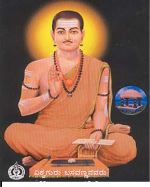
|
Basava
India (1134 – 1196) Timeline |

